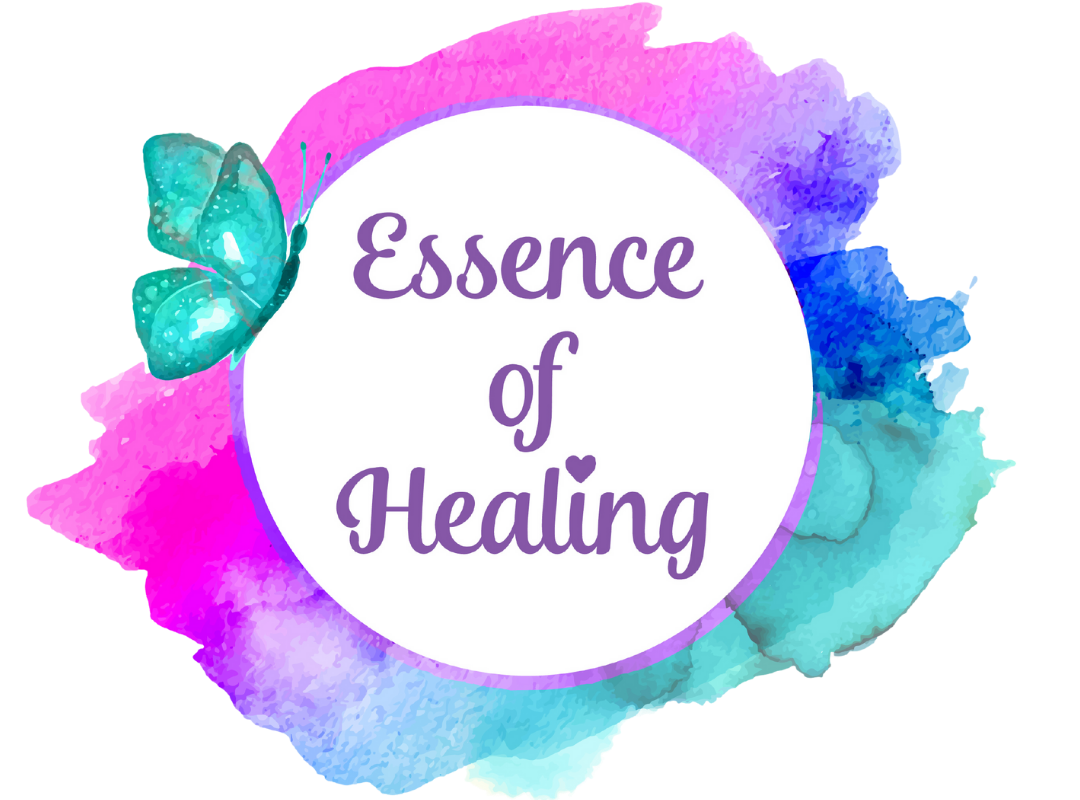Navigating Broken Trust in your Relationship
Every relationship is a story. Whether yours is a love story, a thriller, or a story of reinvention, it is unique to you, and so is the plot your story follows. How long will this chapter be and what does it mean in your life? Will you find a happily ever after or be met with betrayal and find yourself in a spinoff you never expected?
Every relationship is a love story, but not every love story has a happy ending. When the story of your intimacy becomes riddled with pain, betrayal, or infidelity, trust has been broken. So what does that mean for you now?
Let’s explore it together.
Trust can be broken in many ways
What do you think of when someone mentions broken trust? For many, infidelity is the first thing that comes to mind. Stepping outside the consensual parameters of your relationship to build other relationships is definitely one way to break your partner’s trust. But it isn’t the only way, and every intimate relationship outside your partnership isn’t always a breach of trust.
Broken trust comes from any space where someone didn’t feel heard, supported, valued or respected. You may break your partner’s trust by failing to meet an expectation you agreed to. They may break your trust by committing to something for you that extends beyond your comfort zone. A lack of accountability, communication, situational awareness, or even a misread of someone’s needs can lead to hurt feelings and broken trust.
Can a relationship work after trust is broken?
There is no definitive answer to this question, but asking whether or not your relationship can be healthy after broken trust is critical. Figuring out if your relationship can work will begin with determining what working needs look like for you in this moment. You cannot lean into what worked for you before or what works for other people.
Learning to be with yourself alongside your partner(s) is the foundation for determining your path forward in a relationship. Reflection, communication, and active listening are key skills that will help you to hear your own needs and then share them with your partner once you’ve identified what it is you’re working with.
Important pieces of information to have before you decide the fate of your relationship include what happened, how it made you feel, and what you need to feel safe from here. Talking with your therapist or a neutral party in relationship therapy can help you work through these things using tools like deconstruction (a narrative therapy exercise) before deciding on a course of action.
Reasons you might choose relationship therapy to help
No matter the reason you are feeling tentative about the state of trust in your relationship, I’m confident that relationship therapy is a tool worth trying. As a therapist, I’m not here to make decisions about your relationship. You don’t need therapy because you’re failing at something. Instead, consider partnership therapy to be an opportunity for guided support of your own goals.
In addition to helping re-establish trust, relationship therapy can:
Improve communication and build new skills to help you share your feelings
Create important conversations around consent and boundaries
Offer a safe space with a neutral party to explore past experiences
Make a plan for healthy growth and next steps for relationships at all stages
Help you develop a skill set of coping mechanisms and tools to navigate intimacy
Feel heard and valued while sharing common ground
Together, you and your partner(s) will outline what’s going on and where you’re at. Using tools that support you as individuals and as a partnership, we will work together to establish the best way to move toward those. You’ll get access to my broad and varied skill set to help you build the map you need to guide you back to where you want to be in your relationship.



